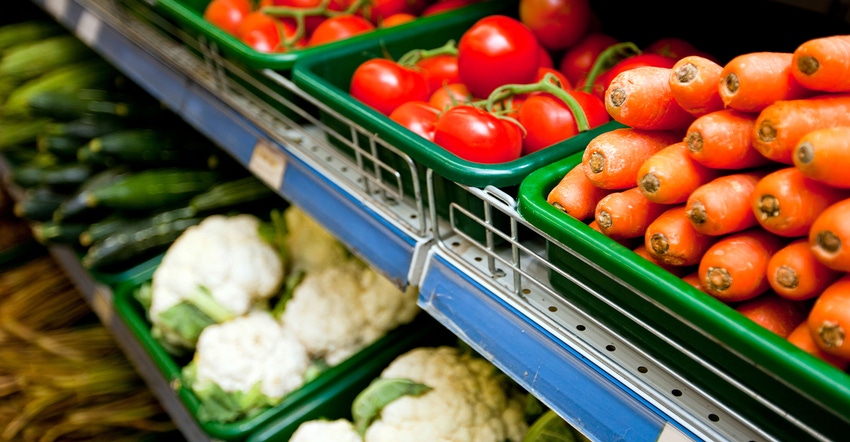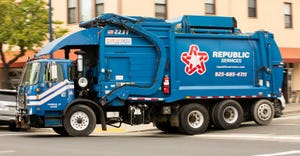As Summer Fun Gets Underway, Grocery Stores See Increase in Food Waste
Food is abundant and fresh as the growing season is underway, leading to more wasted food. Massachusetts-based Divert, a tech company offering tech to municipalities and retailers to reduce and divert food from landfill, has released data showing grocery stores see food waste increase 20 percent during summer months.

The sun is shining. The tantalizing smells from the neighbor's grill waft into the backyard as they get ready for a backyard get-together.
Food is abundant and fresh as the growing season is underway, leading to more wasted food. Massachusetts-based Divert, a tech company offering tech to municipalities and retailers to reduce and divert food from landfill, has released data showing grocery stores see food waste increase 20 percent during summer months.
“Summer marks peak growing season across the U.S. While this is a time to celebrate an abundance of fresh produce and gather with our family and friends, our data indicates that the summer is also a period when a significant amount of that produce goes to waste,” said Ryan Begin, Divert CEO and co-founder.
To date, the company has redirected 2.3 billion pounds of food from nearly 5,400 retail stores across the country.
Divert analyzed data from its facilities across the United States between 2020 and 2022. The company compared food waste processed during July, August and September to that of cooler months - January, February, March.
One of the main factors considered was the time of year - where peak produce season means more volume. While food is abundant, shelf life is short for fresh produce and perishables.
Higher temperatures during summer months combined with human error often lead to additional waste.
"In the heat of the summer, produce left on a retailer’s loading dock for too long before being moved into a cooler can cause it to lose freshness more quickly," the company stated. "When that food goes home with the consumer, it then lasts for fewer days in their fridge."
Divert recommended additional education for retail employees to avoid products sitting on loading docks or store shelves, using data-driven insights.
Consumer perceptions also play a large part, where demand for "perfect" produce leads to tons of discarded fruits and vegetables that sit on store shelves because of a bruise or blemish. Divert stated this can be solved with additional initiatives to shift perceptions about the value of food, improve donation programs and marketing down products that could expire faster.
"Consumers can rethink their approach to purchasing food and recognize that appearance does not always correlate to nutrition, quality and taste," the company noted.
About the Author(s)
You May Also Like


